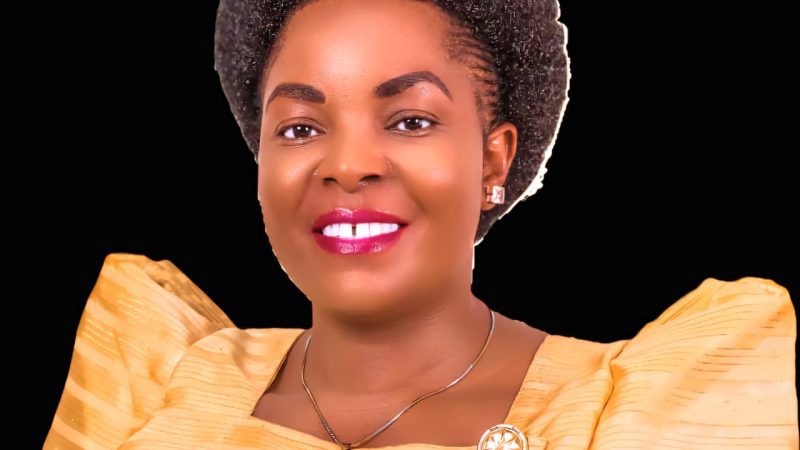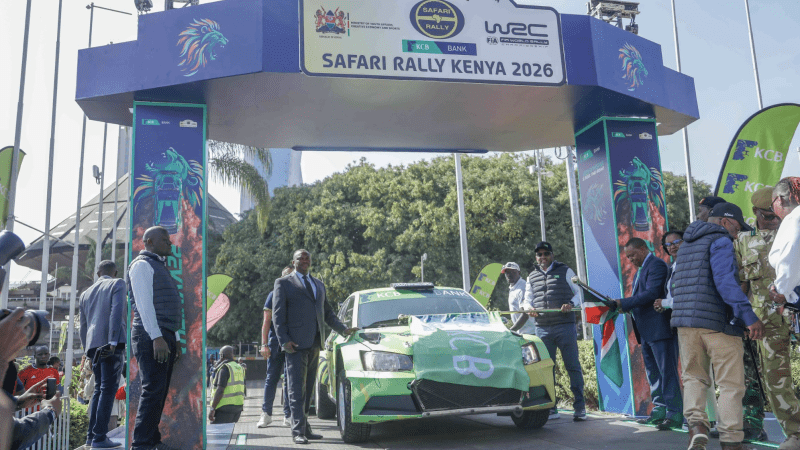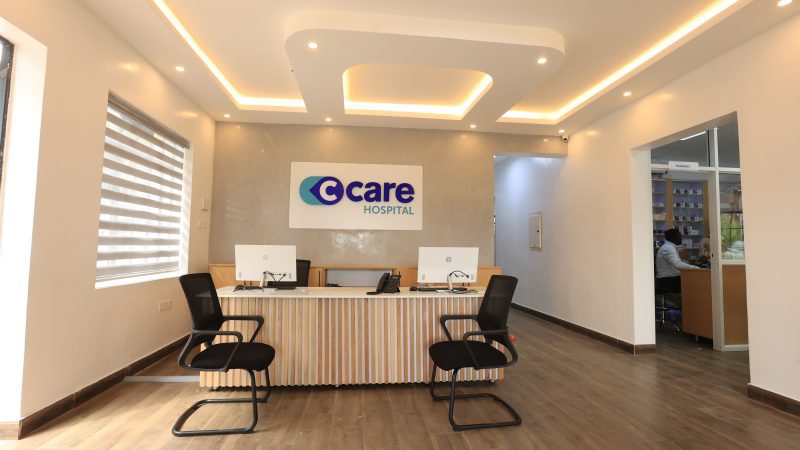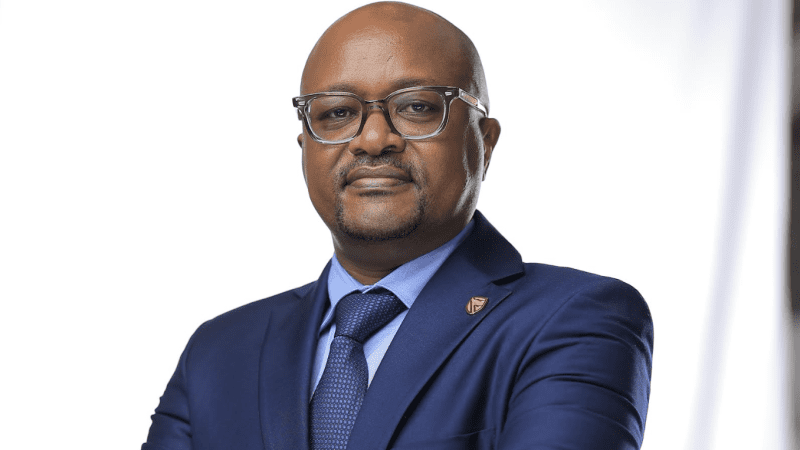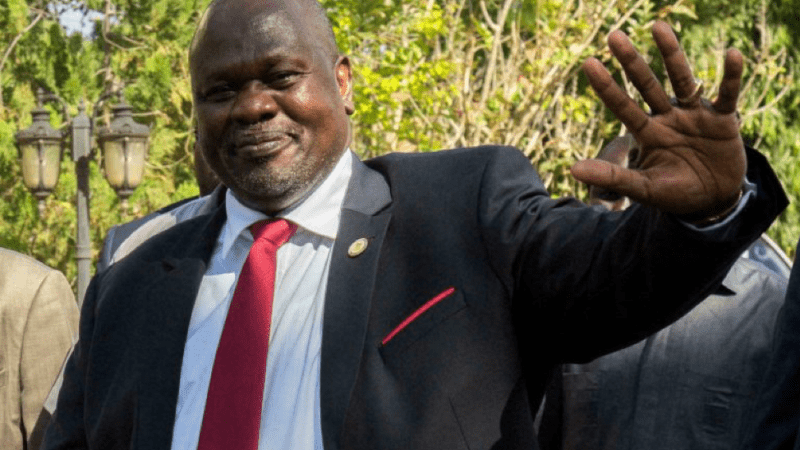South Sudan government has launched a three-year revised national development plan to strengthen institutions for a transparent, accountable and inclusive governance until 2024.
The 117 pages document known as the Revised National Development Strategy 2021 – 2024, is expected to enforce South Sudan’s vision 2040 towards equality, justice, peace and prosperity for all.
It sets out a roadmap for development of a four-year comprehensive medium-term national development plan to usher in a post transition democratically elected government.
In addition, it is also said to foster macroeconomic stability and lay foundation for diversification of the economy.
In his inaugural written speech, President Salva Kiir said the unity government is committed to restore durable peace and build a prosperous South Sudan.
The First Deputy Dr. Riek Machar, who acted on behalf of the President read out the statement.
“Our shared vision and optimism is to build a prosperous country where citizens of all ages pursue happiness guided and governed by the rule of law and to dream of the brighter future, and believe in ability to restrain from acts of violence,” Machar reads the president’s statement.
“This optimism stand on the strategic pillars for restoring our dignity as a nation and people,” the statement added.
A World Bank reported indicated that South Sudan remains severely impacted by fragility, economic stagnation, and instability a decade after independence.
Poverty is ubiquitous and is being reinforced by ongoing intercommunal conflict, displacement, and external shocks.
Once implemented, the strategy will help build critical infrastructure for sustainable development including roads, energy, peace building and broadband capability.
It will also increase support to the social sector for human capital development and protect the vulnerable population to leave no one behind.
Other key objectives in the strategy is to mainstream gender in all development policies and programs and empower women and youth as drivers of growth and nation building, among others.
President Kiir said in the statement that the transitional government will embark on the process of sustainable peace, economic growth and eradication of poverty.
“Our commitment to public investment programming, is that it provides the first step for the reconstituted transitional government of national unity to embark on building inclusive political and economic institutions which would intern ensure sustainable peace, economic growth and poverty reduction,”
“The second step is to instruct institutions of government responsible for the various provisions of the revitalized peace agreement to ensure alignment with revised national development strategy,” reads Kiir’s statement.
The implementation of the three-year revised national development strategy is projected at 7.2 billion US dollars.
This include, $2.2 billion in year one, $2.48 billion in year two and $2.55 billion in year three.
According to the plan, government is expected to put in place mechanisms that ensure the country can mobilize domestic revenue more effectively.
Manage oil revenues strategically, promote mobilization of non-oil revenue, enhance and systematically promote and incentivize the contribution of domestic private finance and remittances and enhance fiscal space and public investment.
This, according to the document, can be achieved only by improving the effectiveness of tax collection through a fully functional revenue authority and diversifying the fiscal base.
Also, to re-orient expenditure towards capital spending and reducing military and wasteful spending.
As well, to increase oil revenues through strategic management of existing resources and accelerating economic and financial management reforms.
According to observers, the country remains in a serious humanitarian crisis, with some 8.9 million people estimated to be in need of humanitarian assistance in 2022.
Extreme levels of acute food insecurity persist across the country and an estimated two-third of the population, including refugees, are expected to experience severe food insecurity in the coming lean season.


